There was an interesting news item on the television the other day. A transgendered chap was hoping to become the world’s first dual-purpose father and mother to a baby. He had frozen his semen before the surgeons came along with their secateurs and staple gun. I turned to my wife and said: ‘One day the chill wind of Odin will blow down from the icy north and cleanse our nation of all purulence and disease.’ She said nothing by way of reply — but a moment or two later announced that she was going to bed, and would be sleeping in the spare room. She had a distressed expression upon her face.
I was left alone to mull over the possible cause of this sudden estrangement. Could it have been the Odin stuff? I suppose my statement did have a slightly right-of–centre ring to it and lacked a little empathy. But I meant the transgendered man/lady no harm and later, when I read a little more about him, I came to the conclusion that he seemed a fairly harmless creature who was not attempting to burden the taxpayer with his dream.
The problem is television, I think. Whenever I turn the set on, horrible thoughts of Odin charging down from the north invade my mind. It’s not just Fergal Keane and Huw Edwards, either; almost every kind of programme has the same sort of effect — costume dramas, sportscasts, light entertainment, reality shows. Especially, it has to be said, on the BBC.
Something called The Great British Bake Off has apparently been obsessing the country for the last few weeks — and particularly the final episode in which the winner was announced, a young Muslim woman called Nadiya Hussain. Some 14 million people tuned into the denouement, a fact which again summoned Odin borne on the baleful north wind, and into my head. Why would so many people wish to watch other people bake stuff? By what stretch of the imagination is that even remotely interesting? And as ever with TV reality shows, there was, to judge from the reviews (no, of course I didn’t watch it), the usual confected hysteria, the over-emoting, the faux seriousness.
And then there was the winner — plucked from a group of typically ‘diverse’ human beings which the BBC presumably thinks is representative of modern Britain. Or perhaps wishes was. A gay here, a foreigner there, a BME Brit and of course Nadiya. As the TV columnist Ally Ross put it, the BBC must have been dancing a multicultural jig of joy. All that was missing was a blind amputee, beating up his batter with a specially adapted hand whisk, transgendered guide dog wagging its tail close by.
The victory of Ms Hussain — who seemed, from her interviews, utterly charming — was heralded by all and sundry as evidence of ‘how far we have come’ and as a riposte to those antediluvians who believe Muslims only ever blow people up. Well, they don’t, see? Some of them bake cakes! Nadiya found herself on the front page of the Guardian, which publication would more normally regard such lowbrow entertainment a little sniffily. But they love Nadiya. Theresa May had just made her anti-immigration speech at the Conservative conference, suggesting that unlimited numbers of people flooding into the country made it ‘impossible’ to have a cohesive society. On the Guardian letters page, someone wrote: ‘Doesn’t Theresa May ever watch Bake Off?’
And so, because a veiled Muslim woman won a reality TV show, a show which embodies great British virtues such as eating cakes and drinking tea, unlimited immigration is perfectly tickety-boo? There really is no way no address such stupid arguments, no means by which we might prise some sense into skulls so comprehensively addled with left-liberal wishful thinking. Skulls which one would imagine are full, from ear to ear, of banana-flavoured ready-mix cake batter.
Some commentators were mistrustful of the politically correct result of the competition, to the extent that they doubted that it was a free and open contest — and thought that the BBC had perhaps gerrymandered the whole thing. That seems a little churlish to me. I have no way of knowing if Nadiya’s cakes were superior to the various infidel cakes on display — but it can’t be pleasant to have the pleasure in victory dampened by unkind souls, simply because of the colour of one’s skin.
It is more the notion of ‘look how far we have come’, a cringingly self–congratulatory little statement with which I would take issue. It is, for a start, a non-sequitur. As the editor of this magazine recently pointed out, one of the remarkable things about the mass immigration we have seen over the past two decades is that there has been little or no animus against the incomers. Nor, when Isis chops the heads off a bunch of Christians, do white British people take to the streets and torch the nearest mosque, or roam in packs beating up Muslims. People may dislike our present levels of immigration, whether because of the depreciating effect upon their wages or the obliteration of their local culture, and they may have one or two doubts about the ideology of Islam — but they do not take it out either on British Muslims or immigrants. That is simply the way in which the -middle-class lefties characterise an opposition to immigration among people upon whom they look down.
But we are not all Odinistas. Nadiya’s undoubtedly deserved success does not mean that our immigration policy (insofar as it can be so described) has been successful or that the numbers coming in are desirable. There is massive public opposition to more immigration — and rightly so, in my opinion. Nor does it gainsay Theresa May’s point that unlimited numbers of migrants will make a cohesive society problematic.
Got something to add? Join the discussion and comment below.
Get 10 issues for just $10
Subscribe to The Spectator Australia today for the next 10 magazine issues, plus full online access, for just $10.
You might disagree with half of it, but you’ll enjoy reading all of it. Try your first month for free, then just $2 a week for the remainder of your first year.


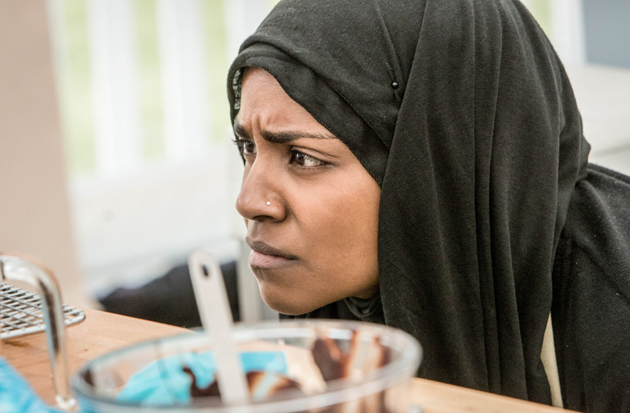
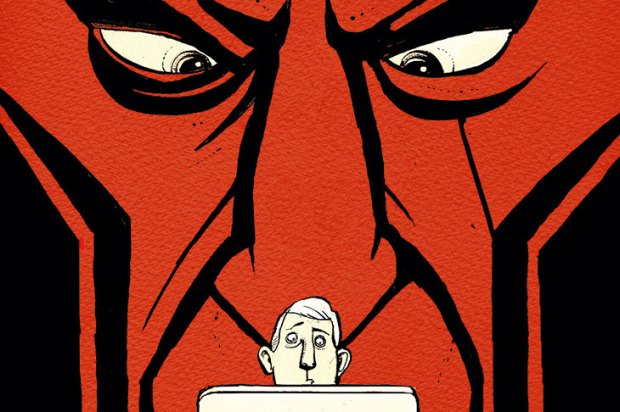

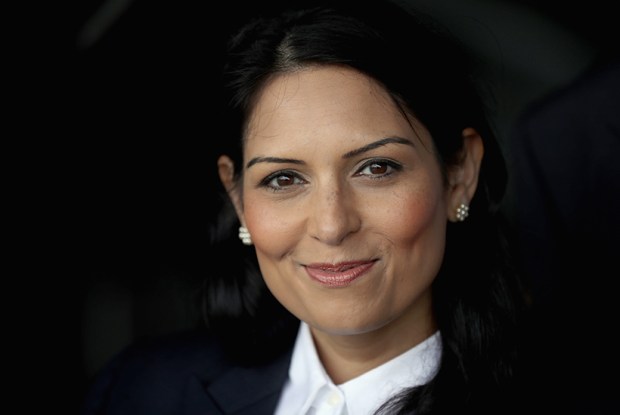
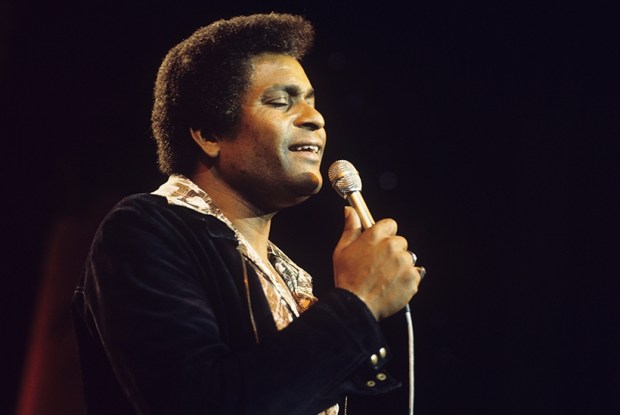

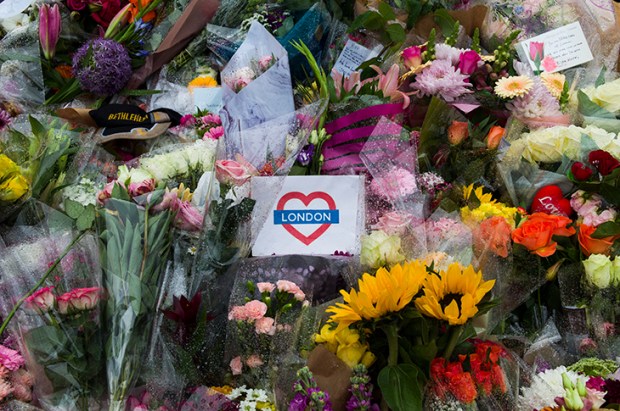






Comments
Don't miss out
Join the conversation with other Spectator Australia readers. Subscribe to leave a comment.
SUBSCRIBEAlready a subscriber? Log in